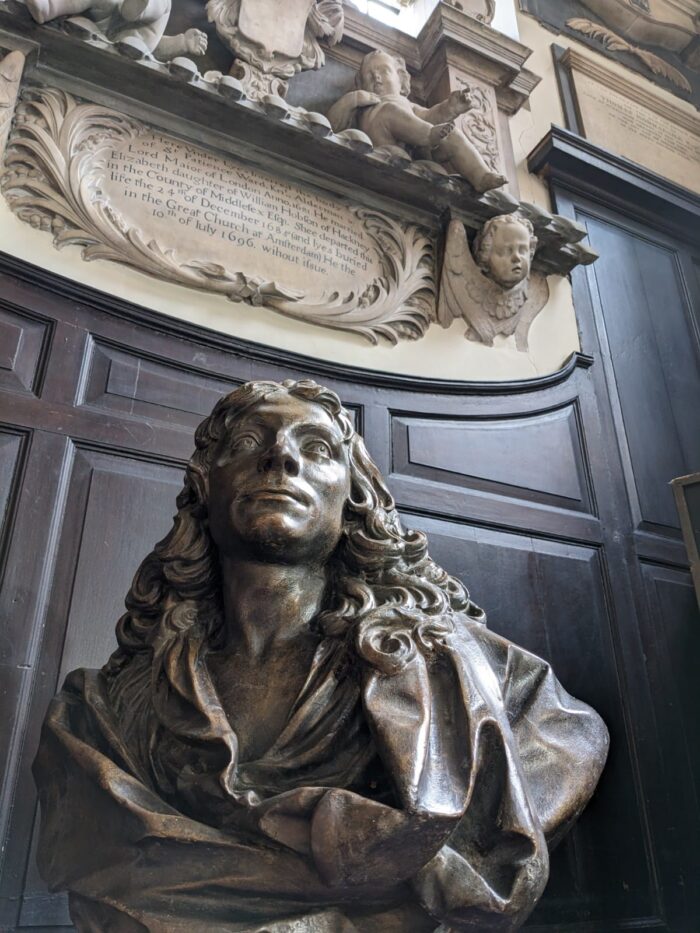You don’t have to look far online to encounter a range of articles suggesting that Christopher Wren was a stockholder in the slave trading Royal Africa Company. This raises uncomfortable questions about Wren and his affiliations which appear to fall short of standards we might expect in the 21st century.
The Royal African Company was founded in 1660 to trade along the West Coast of Africa. The company was initially led by the Duke of York and later by King James II, and before it was dissolved in 1750 had traded more slaves than any other company on record. Although there are a few claims in popular works that Wren was a founding investor in the Royal African Company, a careful review of the investor lists from the National archives provides no evidence to support this. A search of these lists from its foundation in 1660 to the time of Wren’s death have produced no indication at all that he was an investor (though Samuel Pepys, G.F. Handel, as well as a cousin of Christopher Wren, Matthew Wren, are all mentioned). As far as we know, therefore, Christopher Wren was not a shareholder in the Royal African Company.
He was, however, an investor in the Hudson Bay Company. The Hudson’s Bay Company (originally named ‘The Governor and Company of Adventurers of England trading into Hudson Bay’) was given a Royal Charter in 1670 by King Charles II which gave to the adventurers sole rights to trade in over 1.5 million square kilometres of land inhabited by Inuit and First Nations communities. From 1679 to 1684 Christopher Wren is clearly named as a significant shareholder and member of the committee that oversaw the company’s affairs.
Wren’s membership in, and later Presidency of, the Royal Society also meant that he had interest in the East India Company, in which the Society was a frequent investor.





